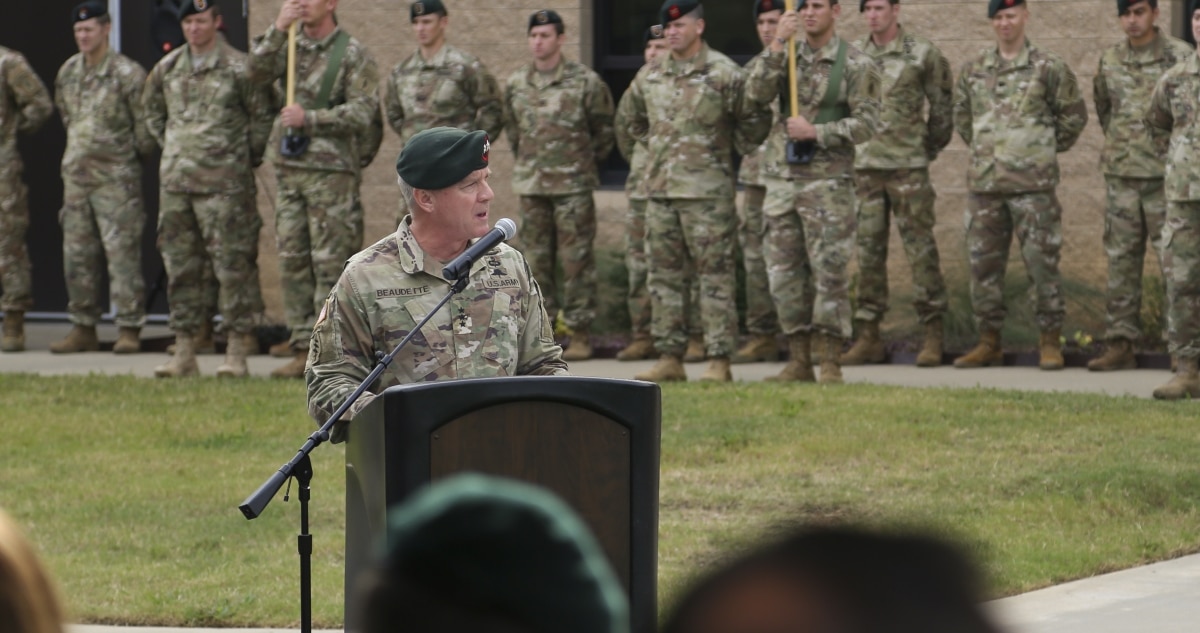Successful crisis management in the military requires competent leadership, decentralized structure, empowerment, and trust, but challenges arise from bureaucracy, excessive involvement, and a lack of recognition for solutions from those closest to the problem.
Crisis management in the military relies on competent leadership, decentralized organizational structure, empowerment, and trust. Without these elements, crisis management efforts will fail, leading to mediocre outcomes in various areas. The military often faces challenges in crisis management due to bureaucracy, politics, micromanagement, and the involvement of too many people. Some individuals within the military seek to be in charge or constantly find fault with solutions, hindering effective crisis management. Additionally, the military sometimes treats every situation as a crisis, leading to excessive meetings and unproductive solutions. It is important for senior leaders to listen to those closest to the problem and empower them to find effective solutions. A successful example of improving crisis management involved addressing centralization issues, reducing unnecessary involvement, and allowing the operations director to leverage support and resources within the command. Despite resistance from senior leaders, this approach led to improved crisis management and day-to-day operations.






